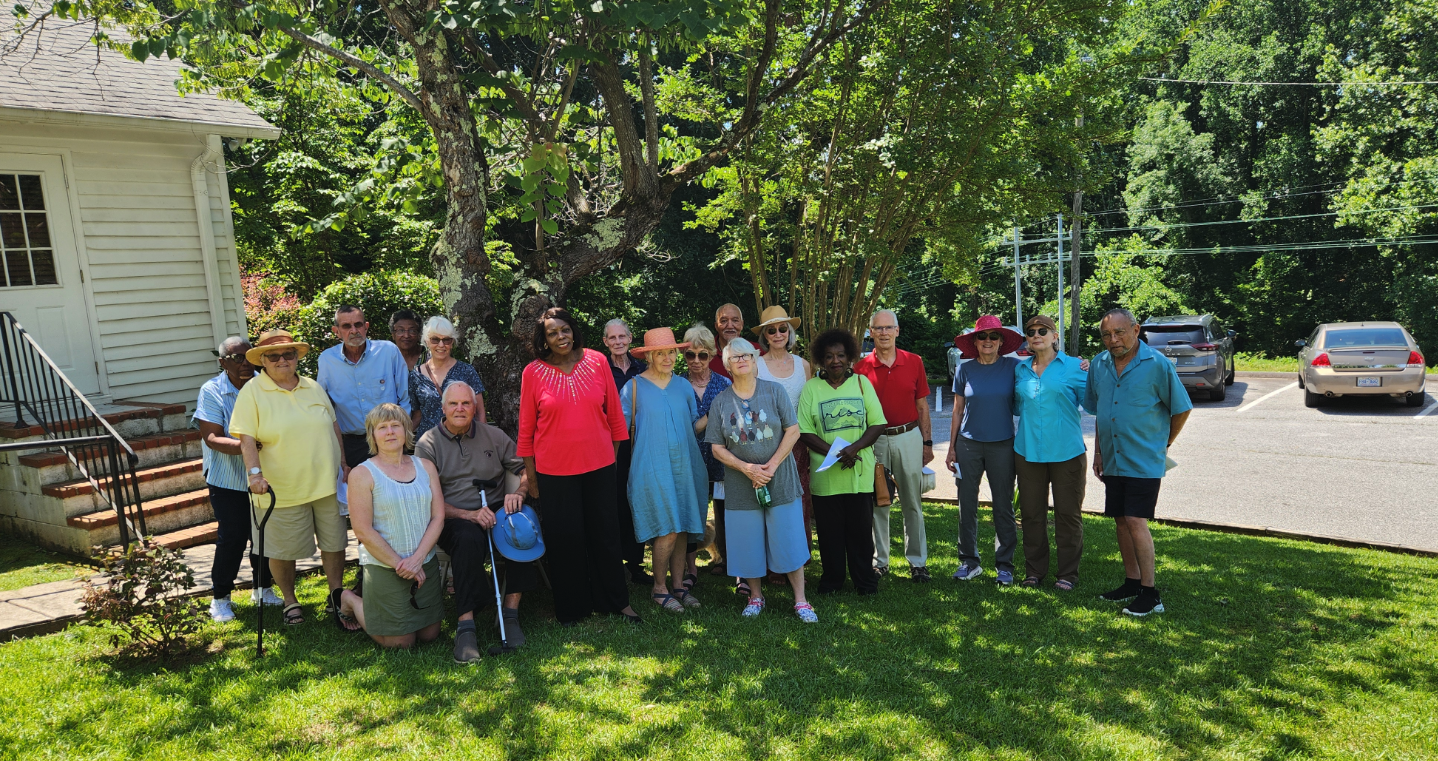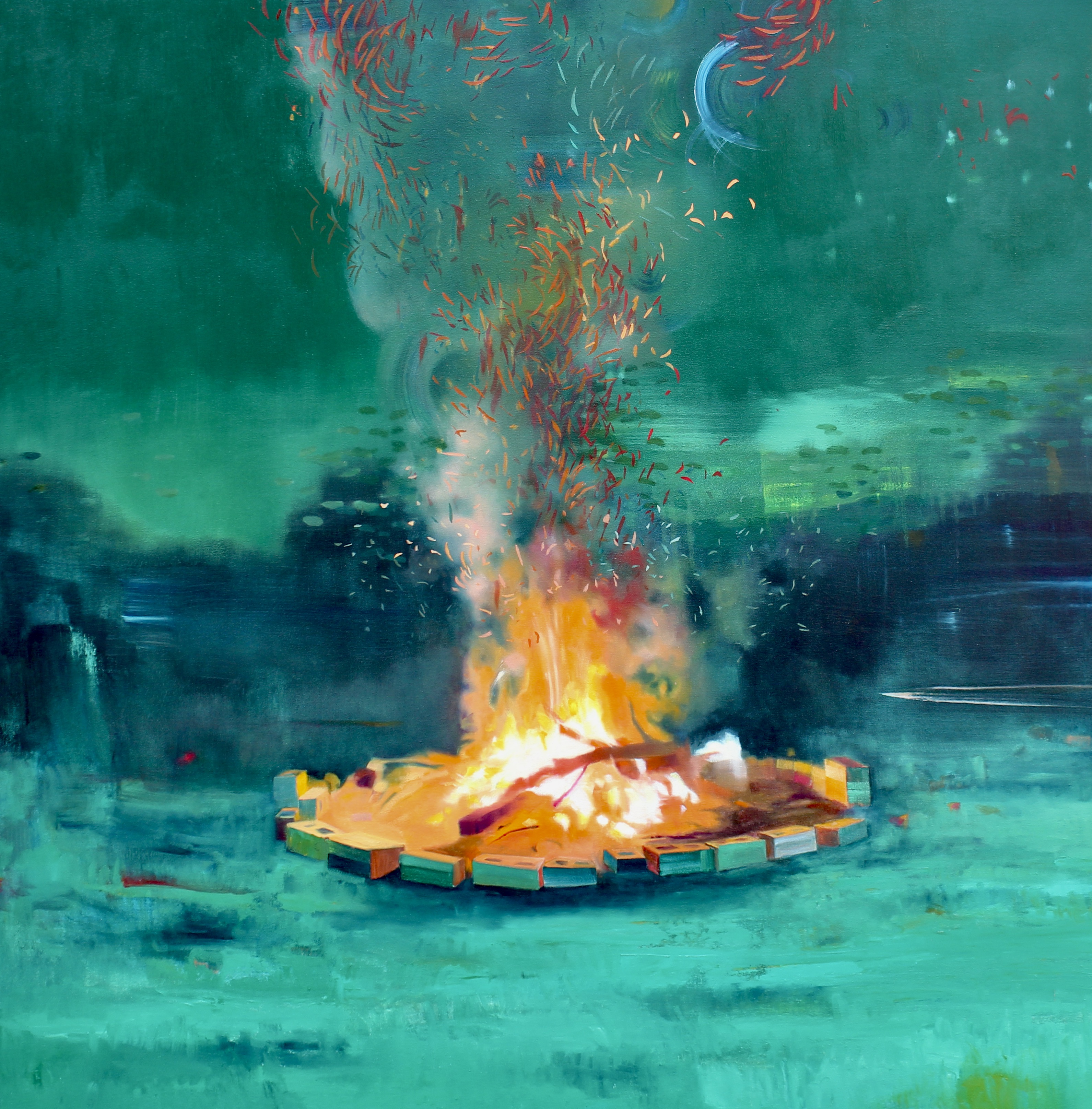Where have they all gone?
Published 10:00 pm Wednesday, July 27, 2016
I recently finished reading the book “The Sixth Extinction” by Elizabeth Kolbert. The author spent many pages documenting the number of species that are now extinct or soon to be so, with years of scientific data to back up her statements.
I had trouble getting through basic science in college, so much of the data cited went right over my head. But the big picture of the future of our environment is clear: we’re destroying our natural world and it is just a matter of time as to whether or not humans will be able to survive on this earth.
And what sort of survival will it be? We do not know. How long will it take? We do not know. Maybe we’ll gift the world with a nuclear disaster and that’ll be the end. Or maybe we’ll continue on for hundreds or thousands of years, with some species surviving and some not.
Elizabeth Kolbert spent years interviewing specialists who have tracked different species for 30, 40, or even 50 years. In a nutshell, what is happening now is the result of human beings being able to transport themselves, including plants and animals and insects and aquatic life, from one side of the earth to the other.
Historically, migrations of species from one continent to another took thousands of years. Native species had time to adapt to the newcomers. Now everything is so fast that species cannot adapt to the invasives quickly enough, and they become extinct.
Loss of habitat and introduction of grey squirrels to Britain has meant the virtual demise of Britain’s native red squirrel. How long did the chestnut trees last after the introduction of Endothia parasitica from Japan in 1904? And when did the woolly adelgid come over on that lumber ship from China? Maybe 1917. And then there’s kudzu, which came over later than that.
Species simply cannot adapt to changing conditions quickly enough to survive. Put simply, the human invention of rapid world transportation is probably the number one cause of mass extinctions.
You are aware of the fact that we have endangered species, plants and animals, right here in Polk County. Much thanks to Pacolet Area Conservancy for their Most Wanted Plants articles in the Tryon Daily Bulletin for making us aware of what we have to lose.
In the past I’ve called on landowners to make them aware of endangered plants on their land, hoping that they will want to protect those plants in some way. The predominant answer was, “I do not want to do anything now because I want to keep my options open. I may want to sell that land in the future for its highest possible price.”
This brings me to the heart of the matter. We’re moving too fast. And we’re trying to transform the landscape to meet our “vision,” not the way it is now. All this is great for the world economy but catastrophic for the world itself. Our more-more-more culture is causing less-less-less.
And we all know what the bottom line is: it’s all about the money. It’s downright depressing, to put it lightly. The problem is so immense that we have no idea of how to stop it, or even slow it down.
We’ve heard that we are supposed to “Think Globally and Act Locally.” Great slogan. But how in the heck are we supposed to do that when we know that we are owned and controlled by global corporations that are quite happy with the status quo? And, really, “It’s all about the money.”
I’m working at Camp Glen Arden (CGA) in Tuxedo again this summer. There’s a prayer hanging on the wall of the dining hall, a prayer written by CGA’s founder Mary Bell, who just recently died at the age of 100 years. I will quote part of it here:
“Help us to stand for the hard right, against the easy wrong … Forgive us when we are unkind, and help us to forgive those who are unkind to us. And send us chances to do a little good, every day, at some cost to ourselves …”
I’ll add to that: “Help us make each decision based upon what is best for the world that you have freely given to us, rather than what our culture deems most profitable. And help us be an example for others, to nurture this earth after we are gone.”





